
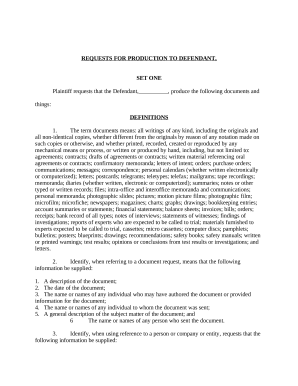
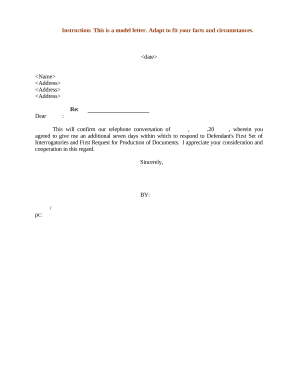

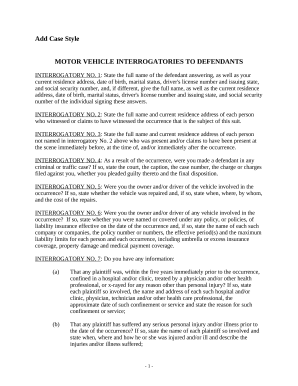

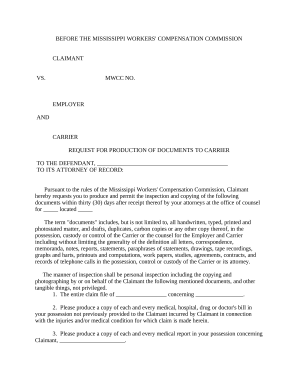

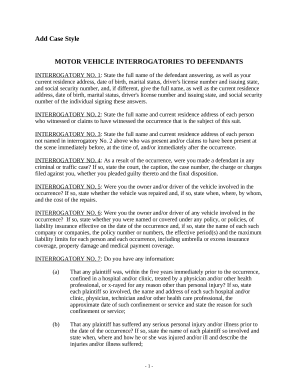
Document management can stress you when you can’t locate all of the documents you require. Fortunately, with DocHub's substantial form categories, you can discover everything you need and quickly take care of it without the need of switching among software. Get our Discovery Process Legal Forms and begin utilizing them.
Using our Discovery Process Legal Forms using these simple steps:
Try out DocHub and browse our Discovery Process Legal Forms category easily. Get a free profile right now!